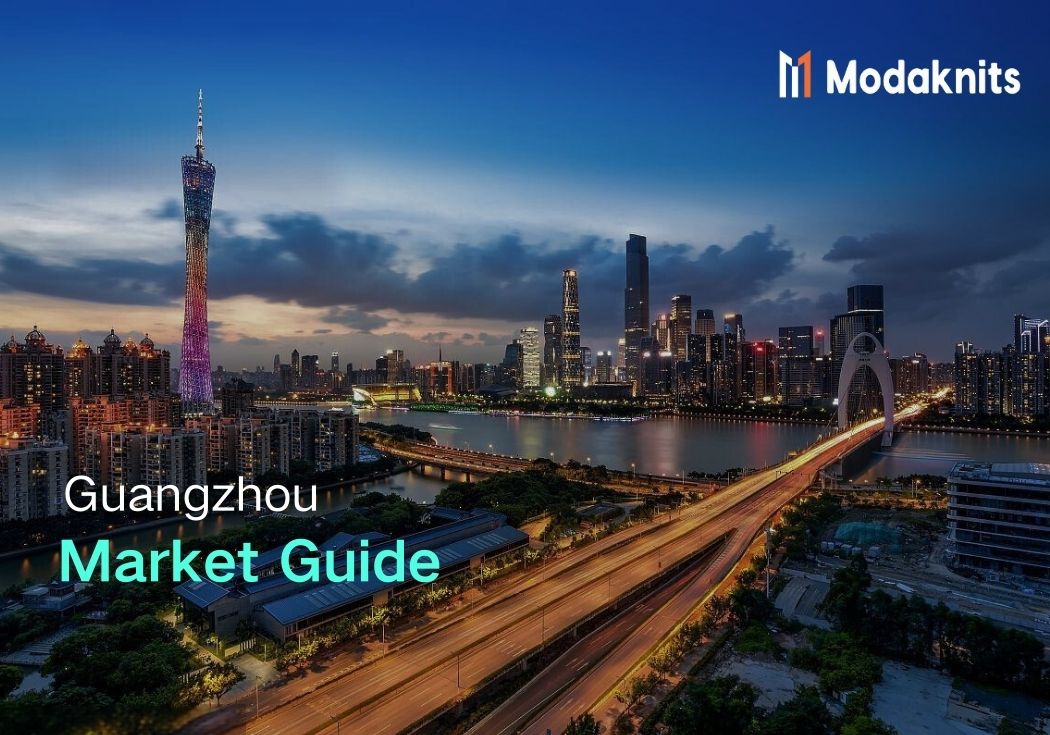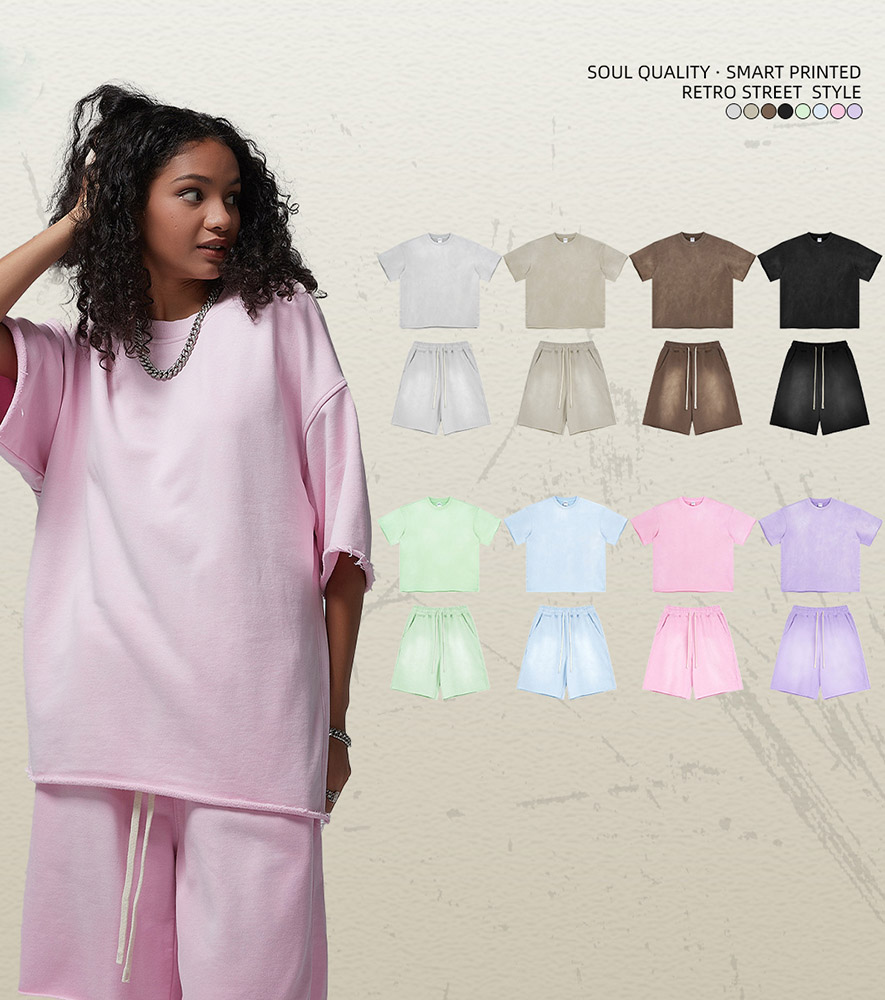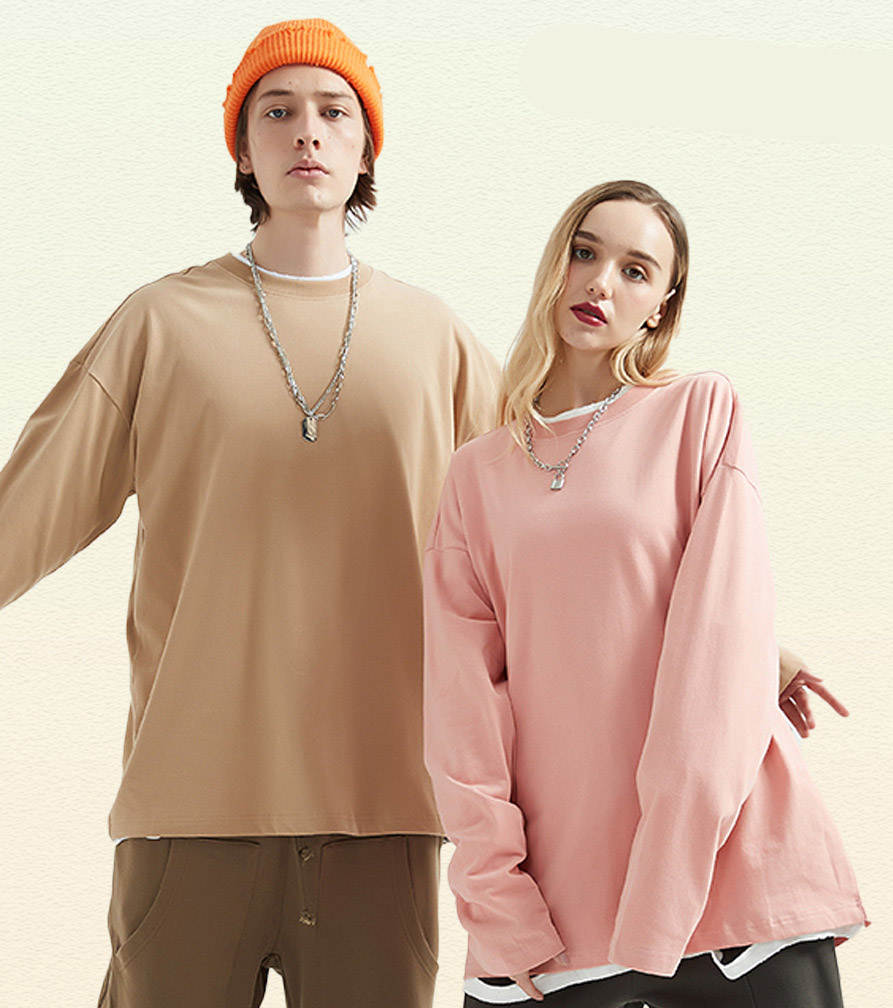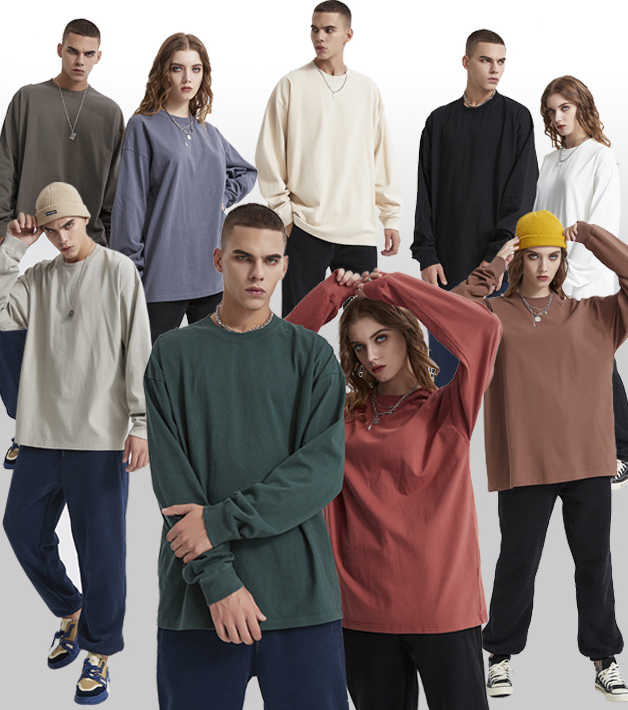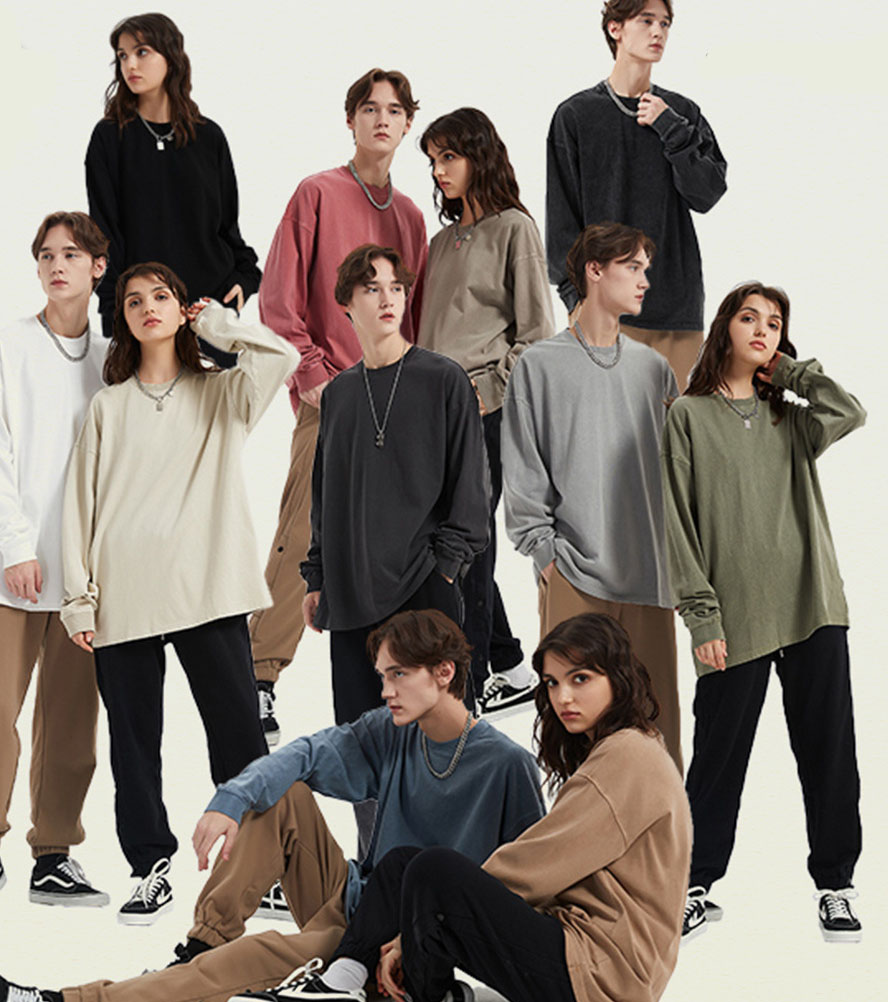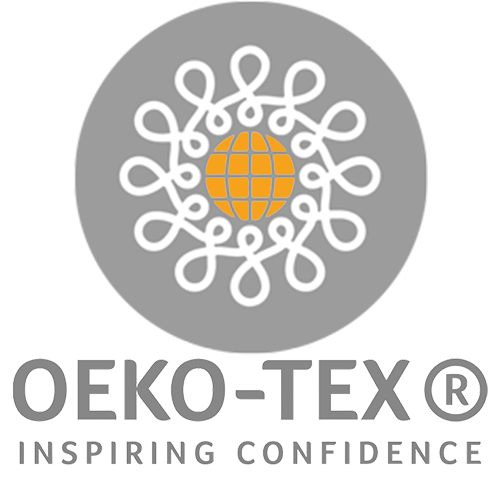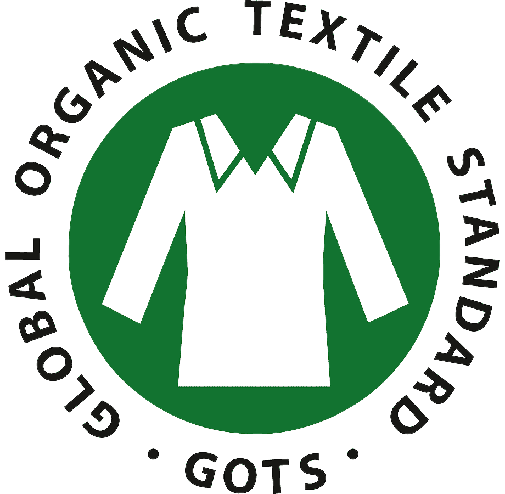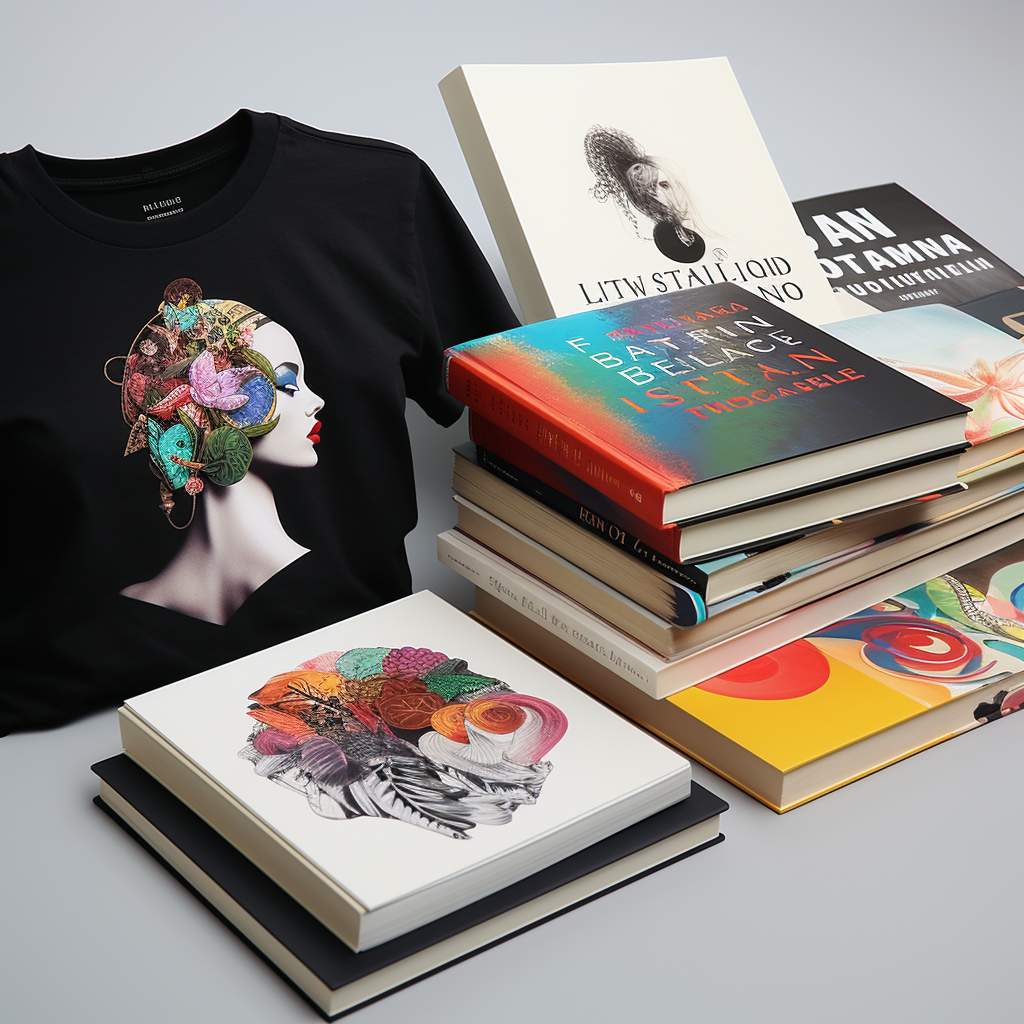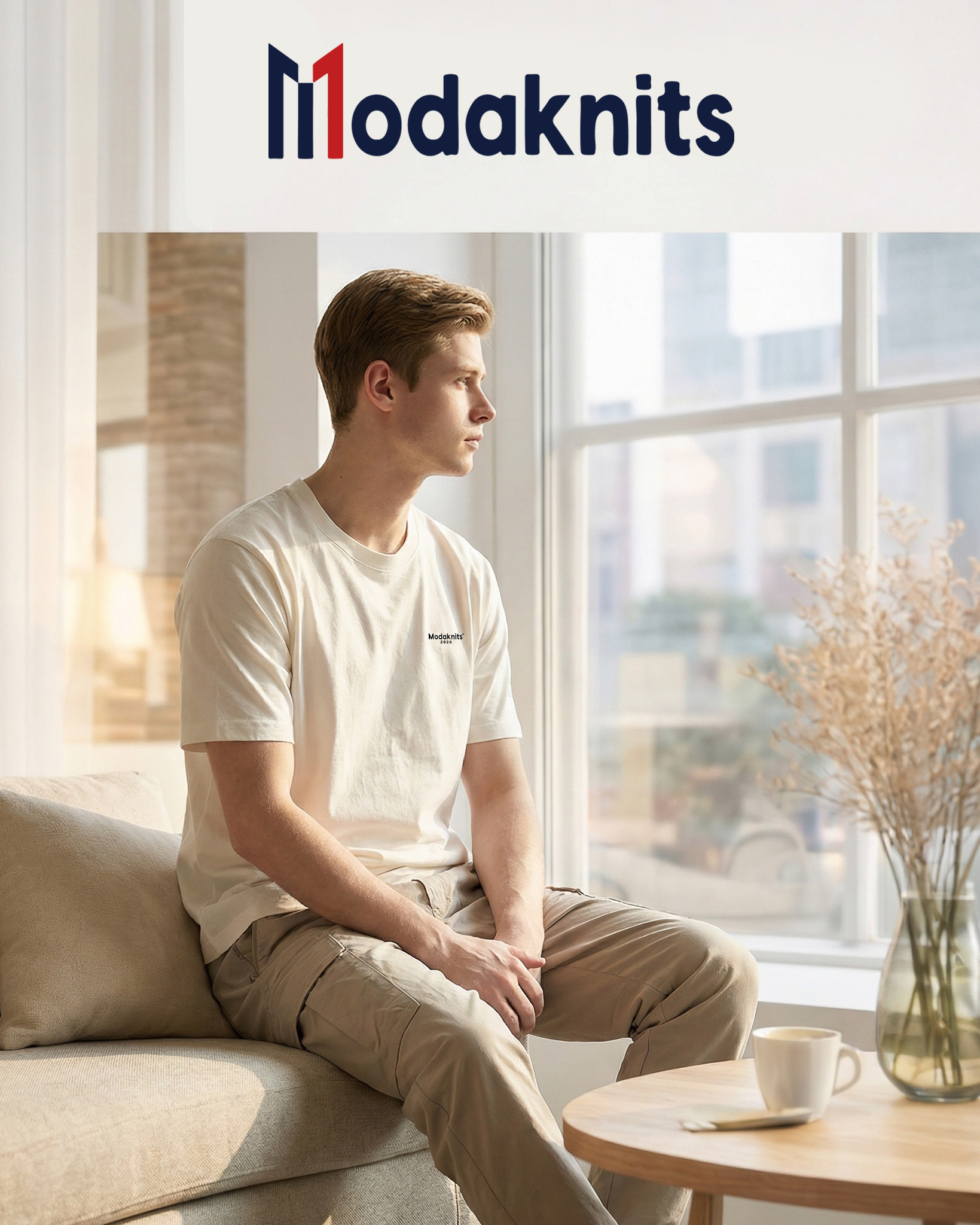Got a killer design idea for a tee or hoodie—but unsure how to apply it? Whether you’re just starting out or scaling your apparel brand, the print method you choose will shape the look, feel, and lifespan of your product.
The five most common methods for adding designs to garments are screen printing, DTG, heat transfer vinyl, sublimation, and embroidery. Each comes with pros, cons, and best-use cases depending on your brand goals.
I’ve helped brands prototype and produce thousands of pieces—and I’ve seen how choosing the wrong method can make or break your product line. Let’s break it all down.
Why Design Application Matters in Apparel Manufacturing?
Applying a design isn’t just about looks. It’s a technical and strategic decision that affects cost, brand image, and how your customer experiences your product.
Your design method affects pricing, durability, fabric feel, and the overall perception of your brand. It’s not just print—it’s your product’s signature.
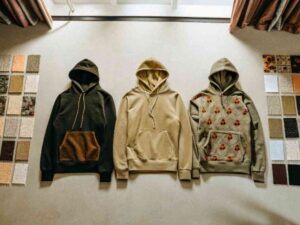 Hoodie Color Showcase
Hoodie Color Showcase
Branding, Durability, and Cost Considerations
- Want bold streetwear graphics? Screen print.
- Need photo-level detail for a limited release? Try DTG.
- Going for a high-end logo finish? Embroidery is your move.
But each method also affects:
- Wash durability
- Fabric compatibility
- Production cost and lead time
DIY vs Mass Production Methods
While HTV and sublimation work well for small-scale or on-demand setups, brands looking to scale often lean toward screen printing or embroidery for bulk consistency and value.
Let’s explore the big five.
1. Screen Printing (Silk Screen)?
This is the OG method—and still the most popular for mass production.
Screen printing uses stencils (screens) to layer ink on garments. It’s ideal for bold, flat-color designs at scale.
Best For: Bold, simple designs in bulk
Think large graphic tees, streetwear drops, teamwear.
Pros: Cost-effective at scale, vibrant colors
- Inks penetrate fabric for long-lasting prints
- Pantone color matching possible
- Great wash durability
Cons: Not ideal for complex or photo-realistic prints
- High setup costs (screens per color)
- Not economical for small runs
- Not ideal for fine gradients or photo images
2. Direct-to-Garment Printing (DTG)?1
DTG is the digital revolution of apparel decoration.
This method works like an inkjet printer—spraying water-based ink directly onto fabric. Great for detailed art or small batches.
Best For: Full-color artwork or small batches
Great for artists, print-on-demand setups, or multi-color designs.
Pros: No setup costs, soft feel, detailed output
- Works well for intricate designs
- No screen fees or color limits
- Soft touch—feels like part of the fabric
Cons: Works best on cotton, may fade over time
- Struggles on polyester or dark synthetics
- Not as durable as screen print in high-wash cycles
- Slower production speed

3. Heat Transfer Vinyl (HTV)?2
HTV uses a vinyl cut-out applied with heat and pressure.
It’s a go-to for names, numbers, or one-off slogans on jerseys, uniforms, or promotional apparel.
Best For: Custom one-offs, text designs, sports numbers
Perfect for team apparel, limited personalization, or local drops.
Pros: Fast turnaround, multiple materials
- Easy to use across cotton, blends, synthetics
- Custom colors and finishes available (metallic, flock, glitter)
Cons: Slightly raised texture, not ideal for high-wear areas
- Can peel or crack over time
- Feels less integrated into fabric
- Best avoided on high-friction zones
4. Sublimation Printing?3
Sublimation infuses dye into the fibers, not on top.
It’s perfect for all-over prints or designs on light polyester garments.
Best For: Polyester fabrics, all-over prints
Used widely in activewear, esports jerseys, and performance tees.
Pros: No feel to the touch, excellent for sportswear
- No cracking or peeling
- Colors are vibrant and permanent
- Ideal for edge-to-edge printing
Cons: Not compatible with cotton or dark colors
- Requires white or very light base
- Limited to synthetic fabrics
- Not suited for classic streetwear looks
5. Embroidery?
Embroidery adds texture and depth with stitched thread.
It’s the preferred method for logos, luxury branding, and heavyweight pieces like hoodies, jackets, and hats.
Best For: Logos, luxury branding, thicker garments
Ideal for fashion, uniforms, and premium basics.
Pros: High-end feel, long-lasting
- Doesn’t fade or crack
- Adds tactile dimension
- Perceived as more premium
Cons: More expensive, limited to simpler designs
- Not great for tiny details or full graphics
- Can feel bulky on lightweight garments
- Higher per-unit cost
How to Choose the Right Method for Your Brand?
Each method has its moment. Your job is to align application with your brand goals.
Choose your method based on order size, fabric type, design complexity, and the customer experience you want to deliver.
Order Volume (MOQ), Design Complexity, Budget
| Method | Best For | MOQ-Friendly | Cost |
|---|---|---|---|
| Screen Print | Bulk, simple graphics | Yes | Low at scale |
| DTG | Detailed art, small runs | Yes | Medium |
| HTV | Custom text, teamwear | Yes | Low |
| Sublimation | All-over prints, poly only | Yes | Medium |
| Embroidery | Logos, premium hoodies | Yes | High |
Garment Type: Cotton vs Polyester, Hoodies vs Tees
- DTG = best on 100% cotton
- Sublimation = only for polyester
- Embroidery = great for thick hoodies or sweatshirts
- Screen/HTV = flexible across cotton/poly blends
Our OEM Services for Custom Design Application?
At Modaknits, we support all major design application methods. We don’t just decorate garments—we engineer them to fit your brand vision.
We offer screen print, DTG, embroidery, heat transfer, and more—matched to your fabric and budget needs.

Print Method Options Available at Our Factory
We support:
- Multi-color screen print
- Silicone-based or water-based inks
- Direct embroidery or patch embroidery
- Digital DTG on cotton blends
- Heat transfer logos and labels
All backed by quality control and fabric compatibility testing.
Sampling Support & Mockup Approvals
Before production, we provide:
- Digital mockups
- Live sample photos
- Fit and placement guides
You sign off on everything before we move to bulk.
MOQ Flexibility and Lead Time Transparency
Whether you need 50 hoodies or 5,000 tees—we scale to fit your needs.
- Low MOQs for test drops
- 15–30 day production for bulk
- Full visibility from mockup to delivery
Final Thoughts?
Design is what makes your apparel sell—but how you apply it is what keeps customers coming back.
Choose the right print method for your brand goals, and work with a factory that understands both fabric and fit. That’s how standout collections are made.
-
Explore this link to understand the nuances of DTG printing, its benefits, and how it can elevate your apparel designs. ↩
-
Discover the benefits of HTV for custom designs and how it can enhance your apparel offerings. ↩
-
Learn about sublimation printing’s unique advantages and how it can transform your designs on polyester fabrics. ↩


